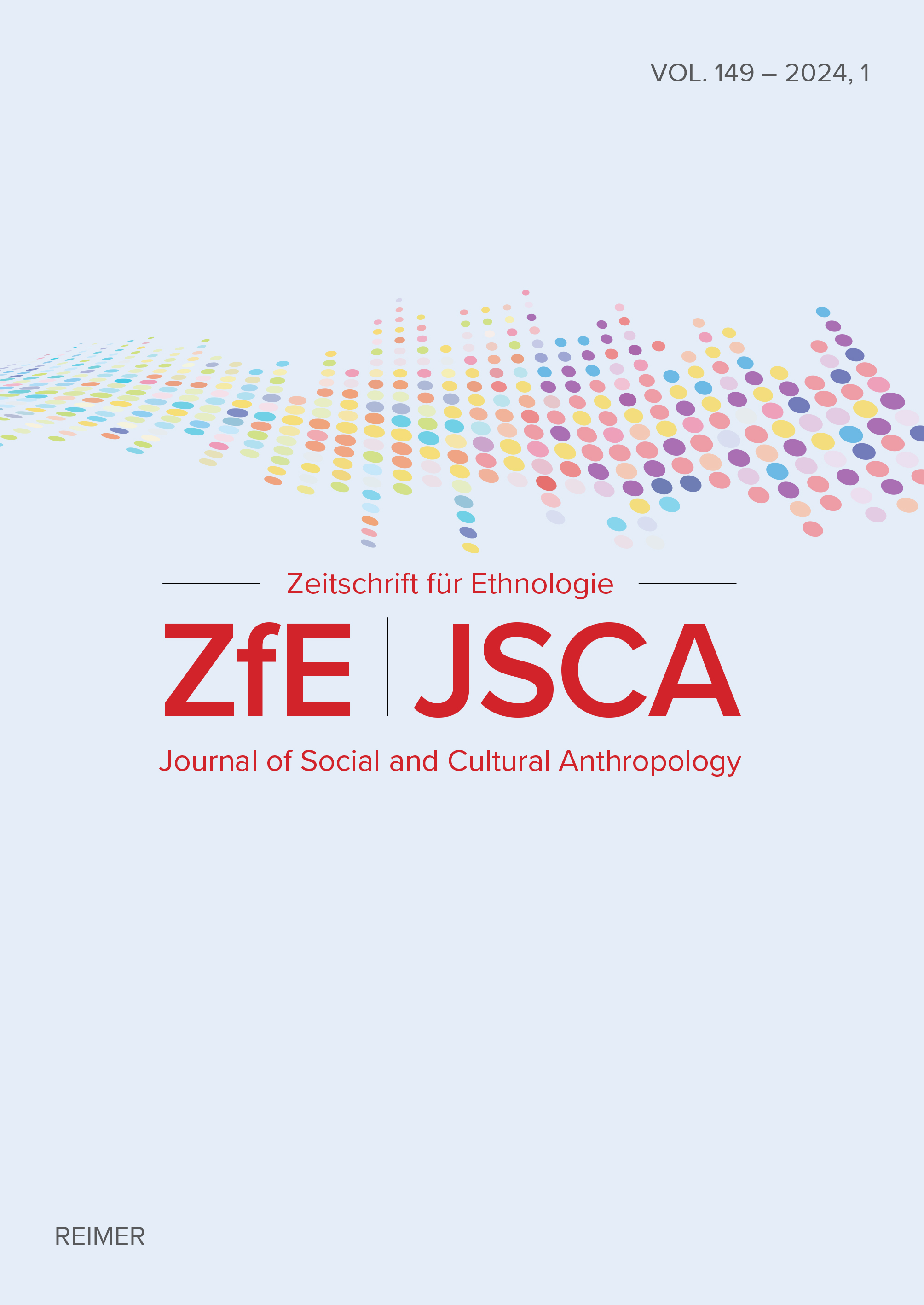Introduction to the Special Issue "Universality in Pieces? Mobilizations of Science in a Fractured World"
Hauptsächlicher Artikelinhalt
Abstract
In recent years – in the context of debates on post-truth, Covid-scepticism and decolonization – the idea that science represents universal knowledge has been challenged from a variety of perspectives. Despite (or because of) this, science and the promise it holds out for generating knowledge that is relevant to solving planetary problems are gaining new valence and momentum. Based on ethnographic research, this special issue investigates mobilizations of science and claims to universality in a variety of different contexts. We ask: When, and around which issues, does universality become mobilized and contested? What are the politics behind specific attempts to universalize and/or localize knowledge? Where do claims to universality enact inclusive and/or exclusive socialities? Our central argument is that universality is both necessary and unreachable, problematic and desirable; it is an elusive, but powerful notion, deeply engrained in the idea of science, which orients people’s actions towards particular goals. Studying people’s varied attempts to universalize or localize knowledge in the name of science – for political, ethical, or pragmatic purposes – offers relevant insights into how people imagine, create, justify or call into question often unequal social structures. It also reveals, as many of the contributions in this issue show, the hopeful visions scientists and citizen-scientists pursue in striving to build better futures. This special issue, then, speaks to a key theme in contemporary anthropological debate, namely the politics of knowledge and the complex quest for epistemic justice in an unequal world.
Artikel-Details

Dieses Werk steht unter der Lizenz Creative Commons Namensnennung - Nicht-kommerziell - Keine Bearbeitungen 4.0 International.

